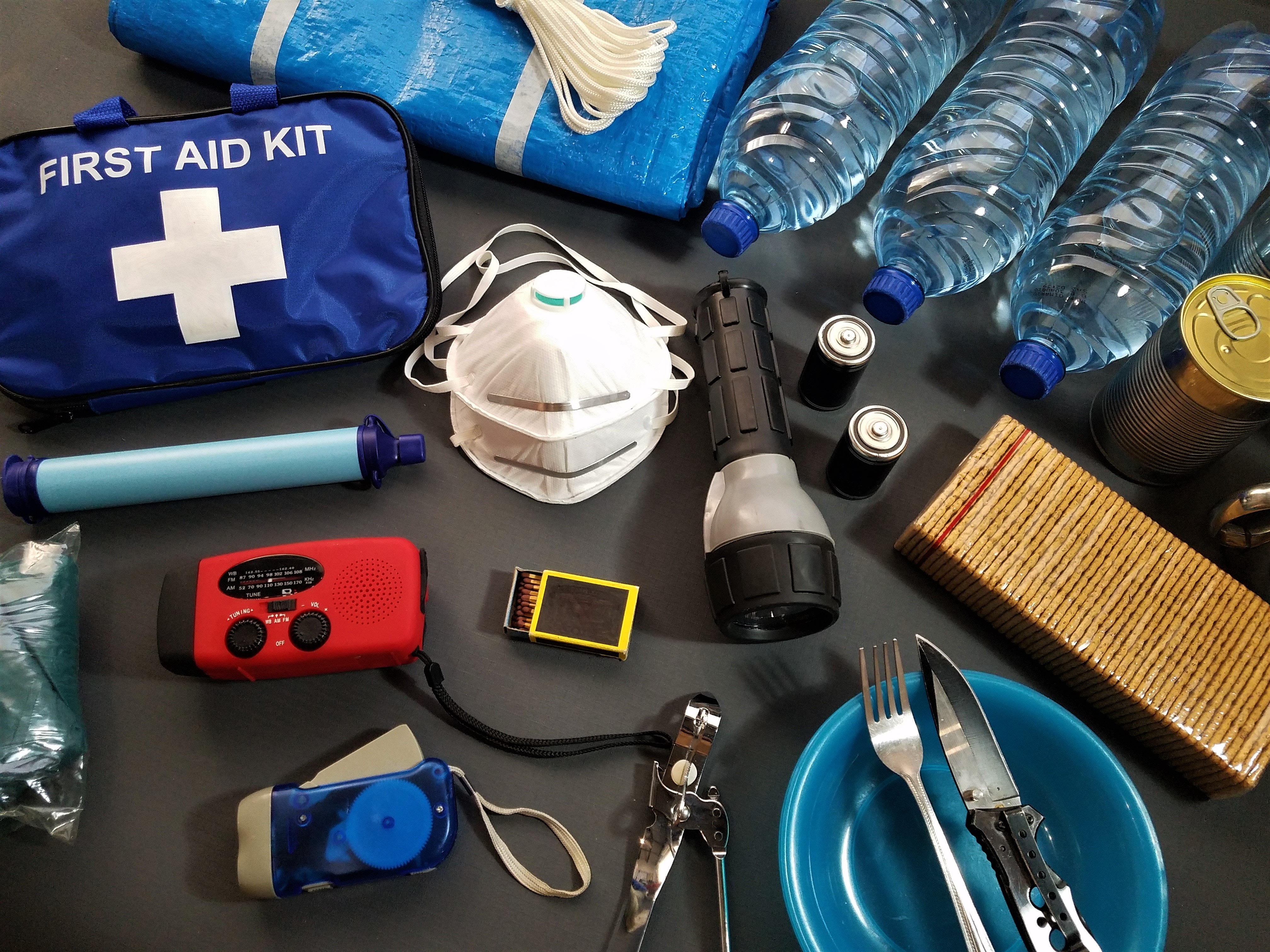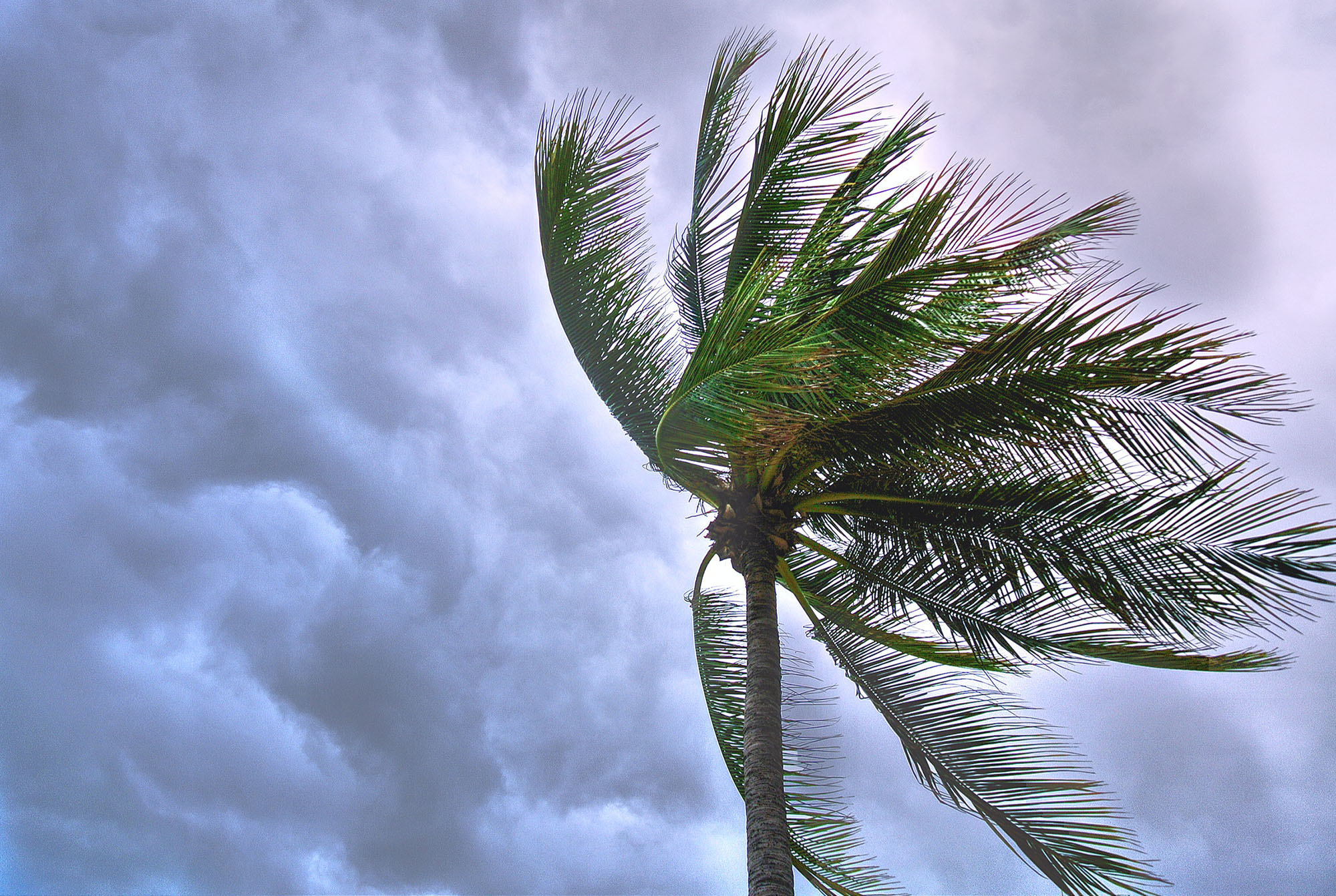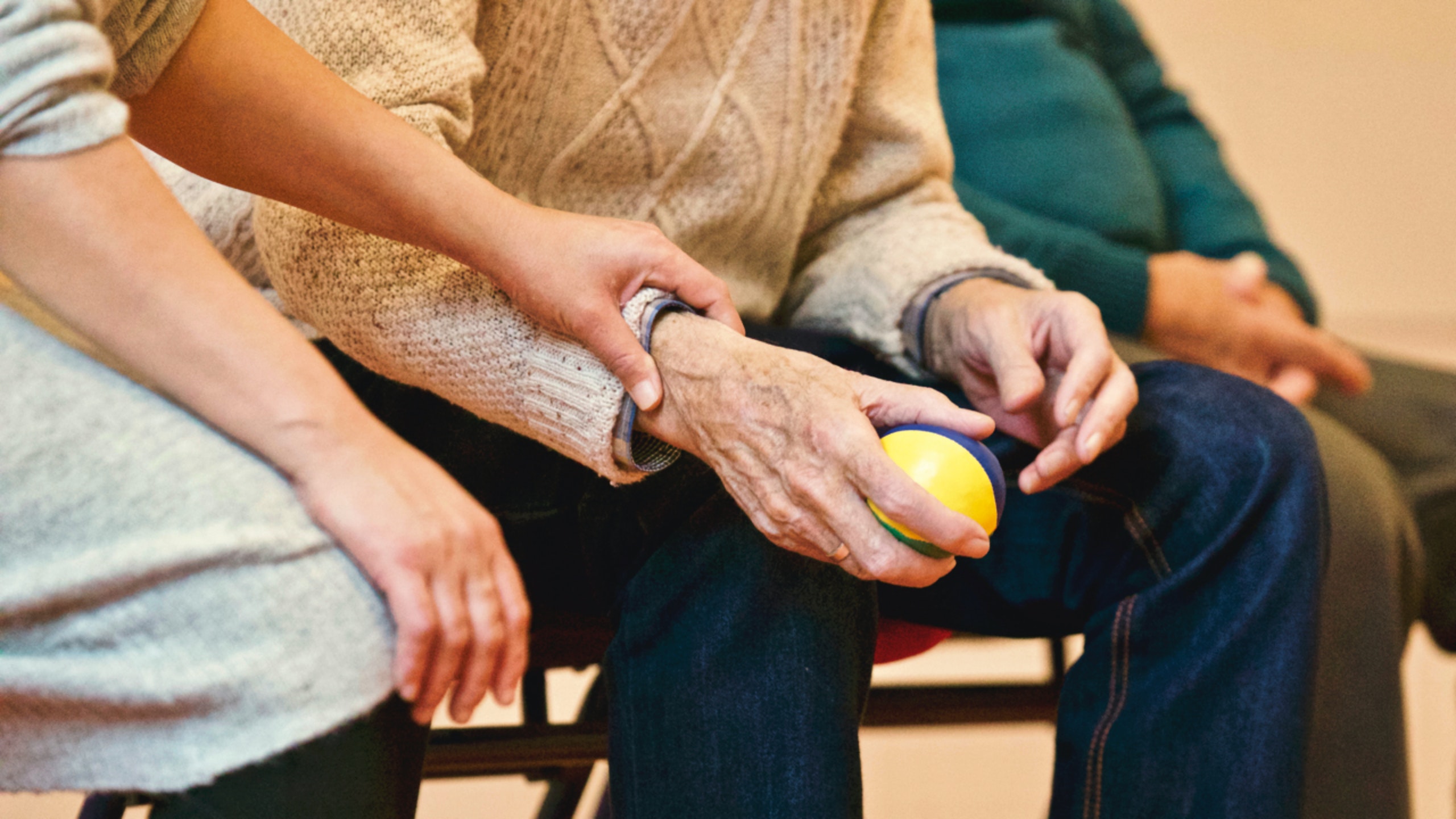HURRICANE HELP: SAFETY TIPS AND RESOURCES
The peak of Atlantic hurricane season is Sept. 10, with most activity occurring between mid-August and mid-October, according to the National Oceanic and Atmospheric Administration. Do not wait to prepare yourself for a hurricane when a storm forms in the Atlantic and stores fill with shoppers looking to purchase emergency supplies. Atlantic hurricane season does not officially end until Nov. 30th. You should prepare to be self-sufficient in the immediate aftermath of a tropical storm or hurricane and take steps to prepare your home or business. Those with disabilities and others with access and functional needs might have additional considerations.
1. WHEN A HURRICANE APPROACHES

Preparing for a hurricane before hurricane season can ease a lot of stress. Knowing if your county is in an evacuation area can be helpful. Putting together a basic emergency kit with all the essentials can ensure you have everything you need prior to an alert. A great outline of essential tools you should consider in your emergency kit can be found here. Another helpful tip is to discuss a family emergency plan with your family or close friends in order to decide how you will contact each other, where you will go, and what you will do in an emergency. Reviewing your insurance policies to ensure your home and personal property coverage is also recommended.
2. TOO CLOSE TO HOME
If there is an evacuation alert or if a hurricane threatens your community, you should be prepared to evacuate. Be sure to inform friends and family if you need to leave your home. If possible, secure your home by covering all windows with permanent storm shutters or board up windows with 5/8 inch exterior grade/marine plywood that is built to fit and ready to install. In order to be best prepared, purchasing supplies before hurricane season will ensure what you need is in stock. Stay tuned into the national weather service as well as your local government management office. If ordered to evacuate then prepare to leave. If you are not ordered to evacuate then reside in a small interior room, closet, or hallway staying away from windows, skylights, and glass doors. Make sure to you stay enclosed long enough for both sides of the storm to pass.
3. AFTERMATH

After the storm has passed, continue to listen to updates on the national weather service or your local news. If you evacuated, return to your area only when officials say that it is safe. Avoid flooded roads and washed-out bridges, fallen objects in the road, downed electrical wires, and weakened walls, bridges, roads, and sidewalks. Survey your property in order to check for loose power lines, gas leaks, or structural damage. Carbon monoxide poisoning is one of the leading causes of death after storms in areas dealing with power outages. Never use a portable generator inside your home or garage.
4. ASSISTING PEOPLE IN NEED
Disaster recovery lasts a lot longer than media attention. Your help often is needed long after a disaster. Here are a few trusted resources if you would like to aide in the recovery of disaster relief. FEMA is the Federal Emergency Management Agency which is a trusted organization that provides reliable resources for people who need assistance or want to get involved. The National Voluntary Organizations Active in Disaster provide trusted organizations operating in the affected area know where volunteers are needed. Depending on the disaster and the current phase it is in, volunteers can be extremely helpful to ensure survivors can return to their new normal. By working with an established non-profit organization, the appropriate safety, training and skills can be considered. There are many organizations you can donate to in order to provide financial relief. Some trusted organizations can be found on the National VOAD’s website here.
CONCLUSION
We are thinking of anyone who may have been affected from a tropical storm or depression and hope these tips and resources are found helpful. It is also important to be attentive to scam artists and identity thieves who are attempting to take advantage of survivors. Watch for and report any suspicious activity, or anything that just doesn’t seem right to you. Visit Disaster Fraud to learn more.










